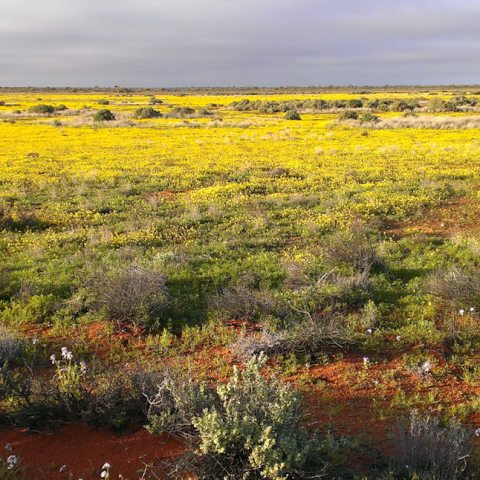Sian Kou-Giesbrecht is diving deep into Earth’s systems, focusing on how carbon and nutrients cycle through Canada’s forests. This fall, she steps in as an assistant professor at Simon Fraser University’s School of Resource and Environmental Management (REM), where she holds the Liber Ero Chair in Climate Action and Sustainability.
Kou-Giesbrecht uses both field observations and global climate models to explore how ecosystems react to global change. She aims to uncover the effects of rising CO2 levels, temperature increases, altered rainfall patterns, wildfires, land use changes, and nitrogen pollution on the carbon storage capabilities of these ecosystems. Her work helps us understand what this means for our climate in the future.
“I focus on how various factors influence ecosystems’ ability to absorb and store carbon, which in turn affects climate change,” she explains. The insights from her research contribute to climate assessments and goals like the International Panel on Climate Change (IPCC) target of limiting warming to 1.5 degrees Celsius.
What’s interesting about her research is how it merges real-world observations with complex climate models. This blend enhances the accuracy of climate projections. “By linking field data with global models, my work aims to improve climate change predictions that help shape policies both in Canada and beyond,” she says.
Kou-Giesbrecht was drawn to SFU because of its commitment to research that makes a difference, and the stunning West Coast mountains were a bonus! “SFU values engaged research, and I’m excited to collaborate with colleagues who are tackling various climate challenges,” she adds. REM’s focus on actionable research aligns perfectly with her vision for her work.
She is also eager to build her Terrestrial Biosphere Modelling in Canada (TBM-CaN) research group and is looking for graduate and undergraduate students to join her team. Students can expect a hands-on learning experience that combines fieldwork with modeling. They will also engage in research that extends beyond the classroom.
Kou-Giesbrecht emphasizes a holistic view of Earth systems. “I encourage thinking across different scales, from local research sites to global implications,” she says. Her group collaborates closely with Environment and Climate Change Canada and participates in various international networks. This exposure allows students to work alongside government scientists and be part of the global research conversation.
In a recent survey by the American Geophysical Union, approximately 66% of scientists expressed a desire for their research to influence public policy directly. Kou-Giesbrecht’s work exemplifies this drive, blending scientific research with practical applications aimed at addressing climate change.
Interested in learning more about her research? Check out her website.




















